A little gem from the book, The Natural Language of Selling:
Create Your Own Luck
You can’t buy it and you can’t sell it…
And what’s more, the harder you try to hold on to it, the more likely it is to vanish faster than a gambler’s lucky streak.
Because, whether good luck or misfortune, it is not a thing; most often, it’s the label we put on something that has already happened. So, assuming that we all would prefer good luck to the opposite, what is this thing called luck? The following might give us some real insight a real-life story about creating your own luck, be seeing opportunity in problems, and by expanding into the demand.
As the story goes, if you were in the market for a pocket watch in 1880, where would you get one? If you wanted the best watch, you went to the train station. This is because the station agents were also skilled telegraph operators, which was the primary method of communication with the railroad stations in those days.
Of course, they had to know precisely when trains left the previous station and when they were due at their next station, so the telegraph operators had to have the best watches.
A man named Richard, a telegraph operator himself, was one who could see opportunity where others only saw a problem. He was on duty in the North Redwood, Minnesota train station one day when a load of watches arrived from the East. It was a huge crate of pocket watches but no one ever came to claim them. So Richard sent a telegram to the manufacturer and asked them what they wanted to do with the watches. The manufacturer didn’t want to pay the freight back, so they wired Richard to see if he could sell them.
And sell them he did, by sending a wire to every agent in the system asking them if they wanted a cheap, but good, pocket watch. He sold the entire case in less than two days and at a handsome profit.
Then things started getting interesting. He ordered more watches from the watch company and encouraged the telegraph operators to set up a display case in the station offering high quality watches for a cheap prices to all the travellers. It didn’t take long for the word to spread and, before long people other than travellers came to the train station to buy watches.
Richard became so busy that he had to hire a man named Alvah, a professional watchmaker, to help him with the orders. The business took off and soon expanded to many other lines of dry goods. Richard and Alvah left the train station and moved their company to Chicago — and it’s still there.
The name of the company started by Richard Sears and his partner Alvah Roebuck was Sears, Roebuck and Co. From its mail order beginnings, the company grew to become the largest retailer in the United States by the mid-20th century, and its catalogs became world-famous.
Where others saw only problems, he saw opportunity and [went] into action to expand into the demand.
Sears hasn’t been doing so well lately. Just last month, Sears announced they would be closing 39 Sears stores and 64 Kmart stores. These stores would be closing by April 2018, leaving Sears Holdings with 555 stores. According to MSN money, at this rate, Sears along with sister company Kmart, has an extremely high chance of disappearing and going defunct in 2018. It looks like 2017 may be Sear’s final holiday season as an independent brand.
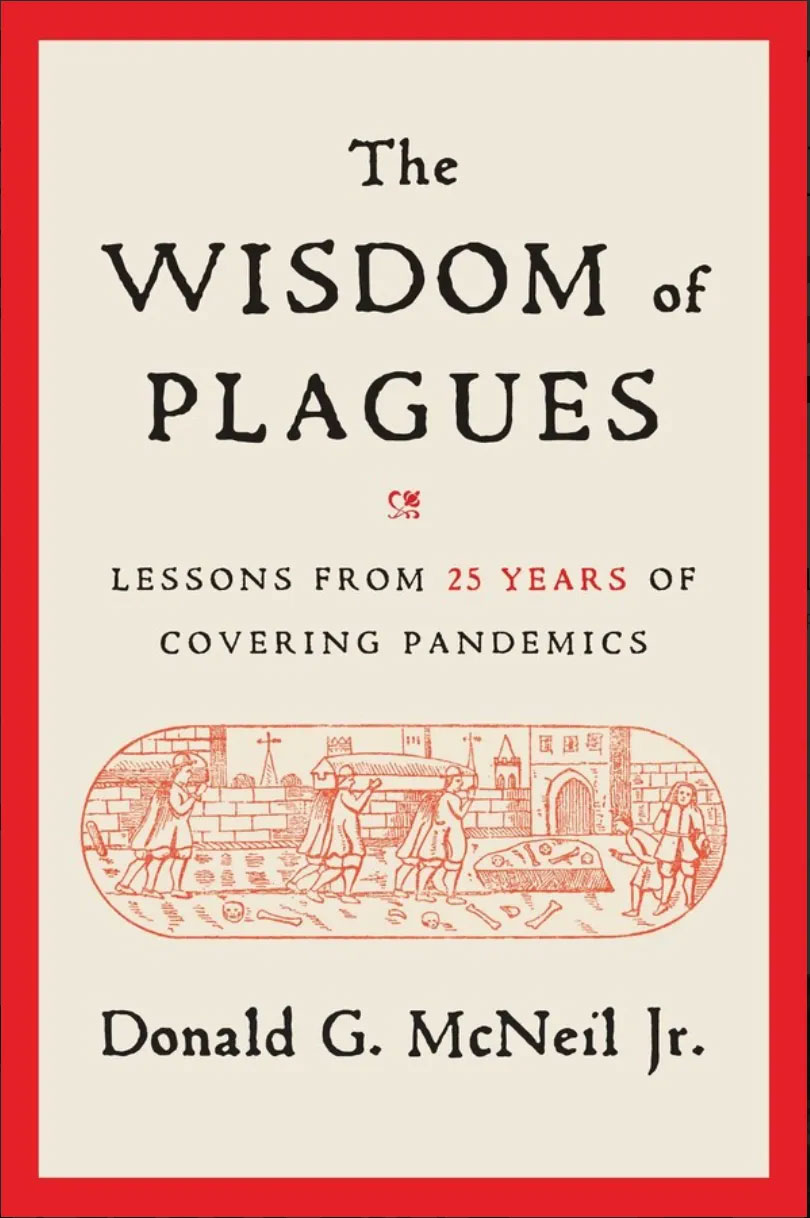
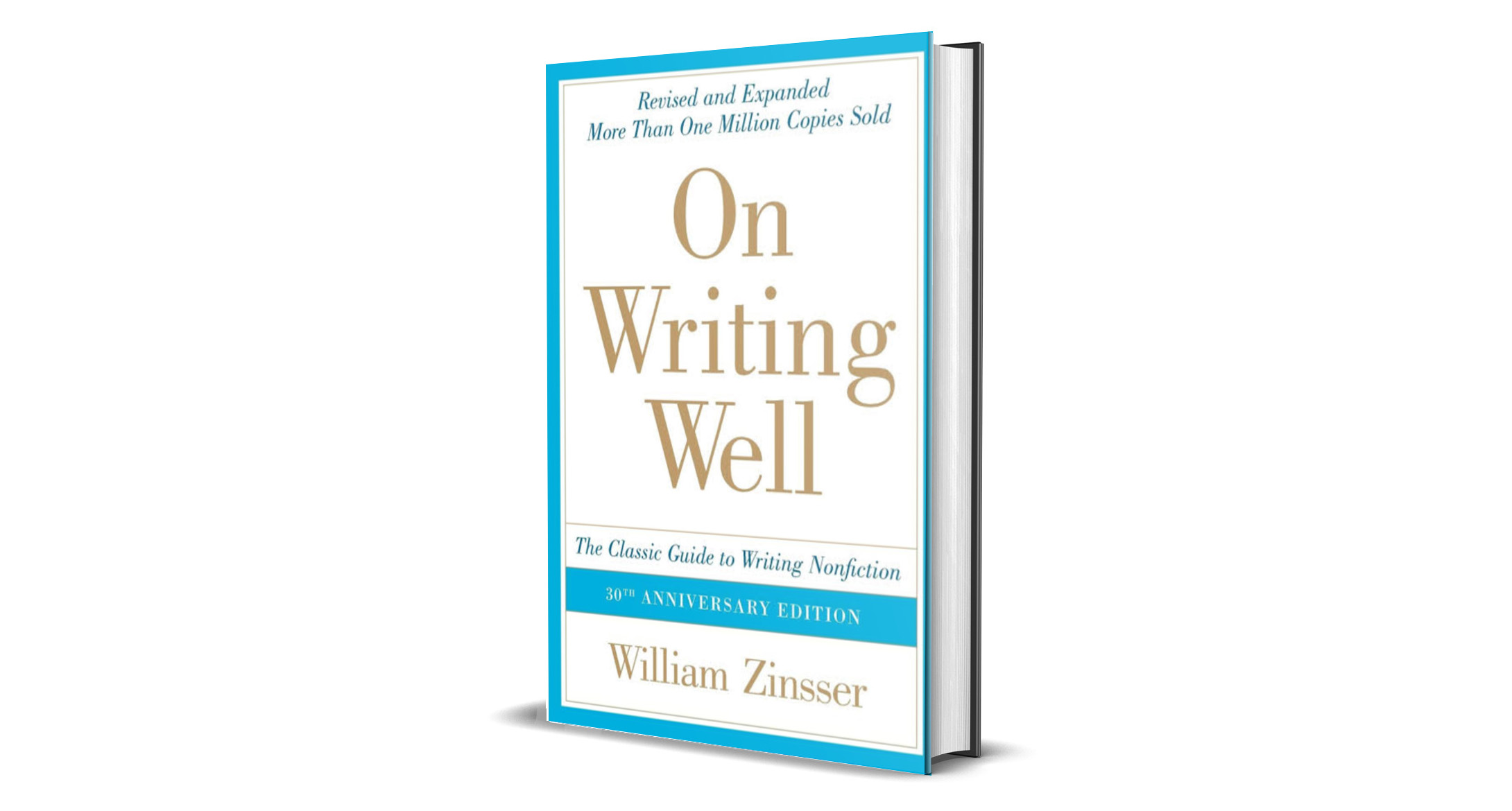
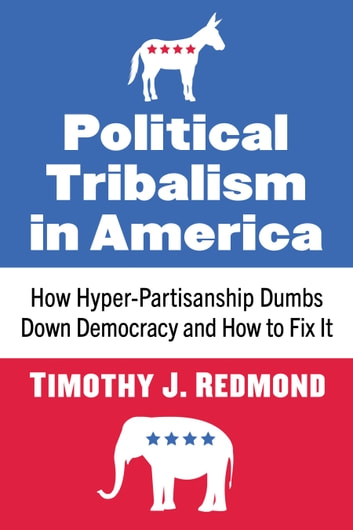
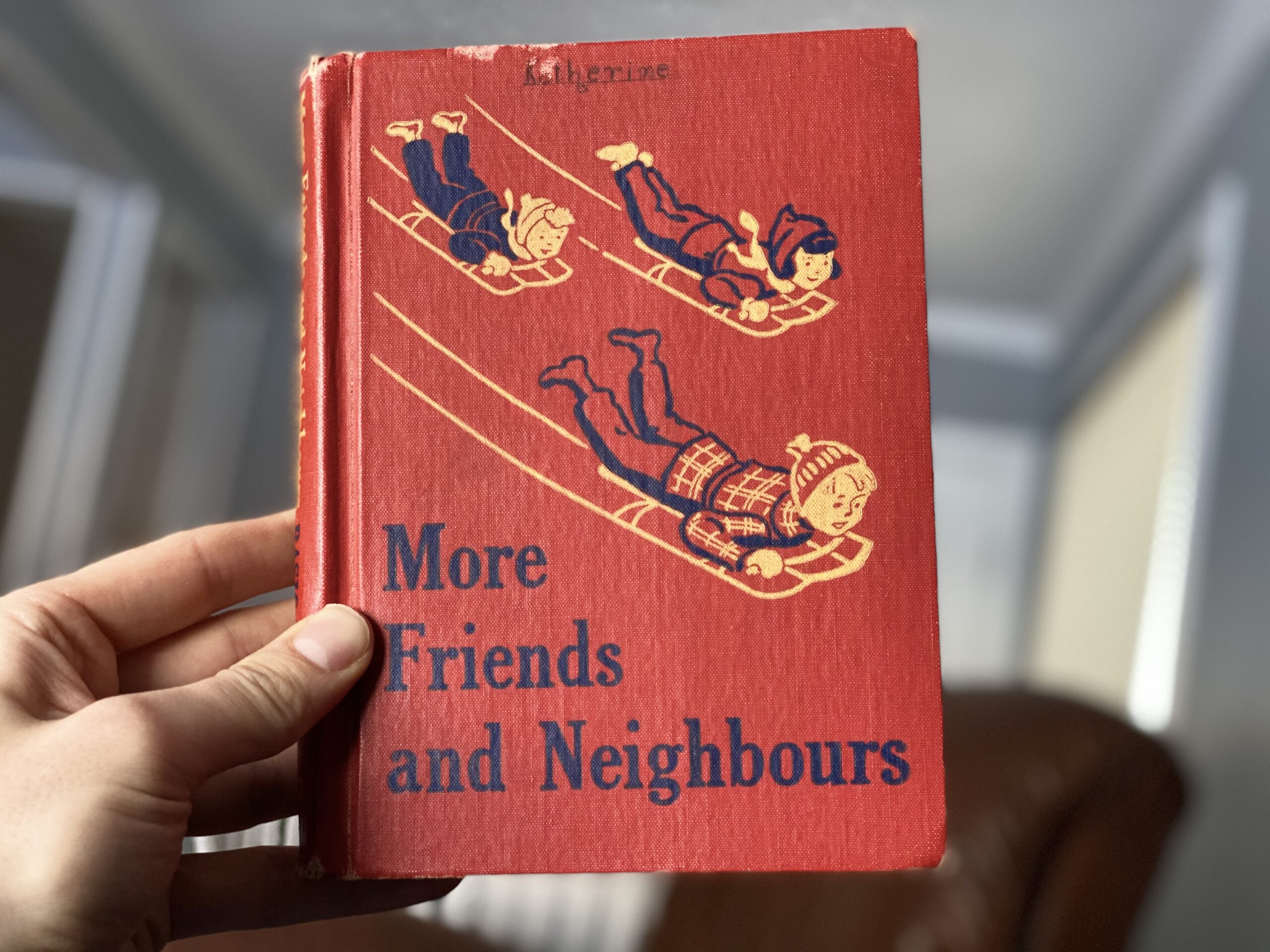
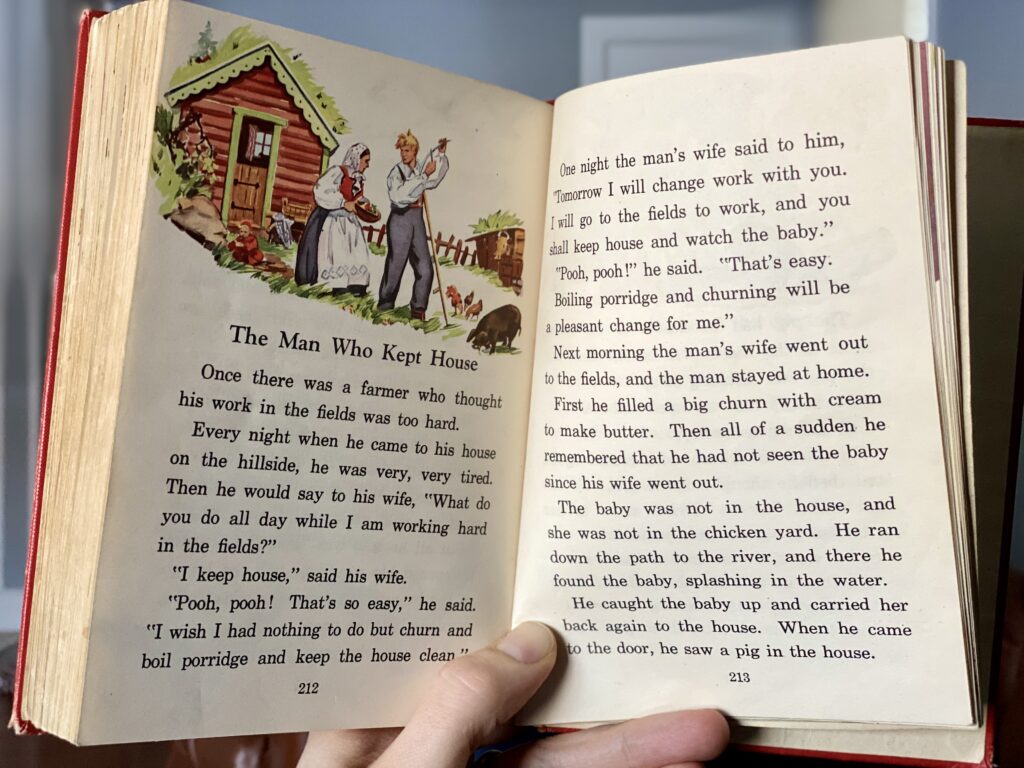

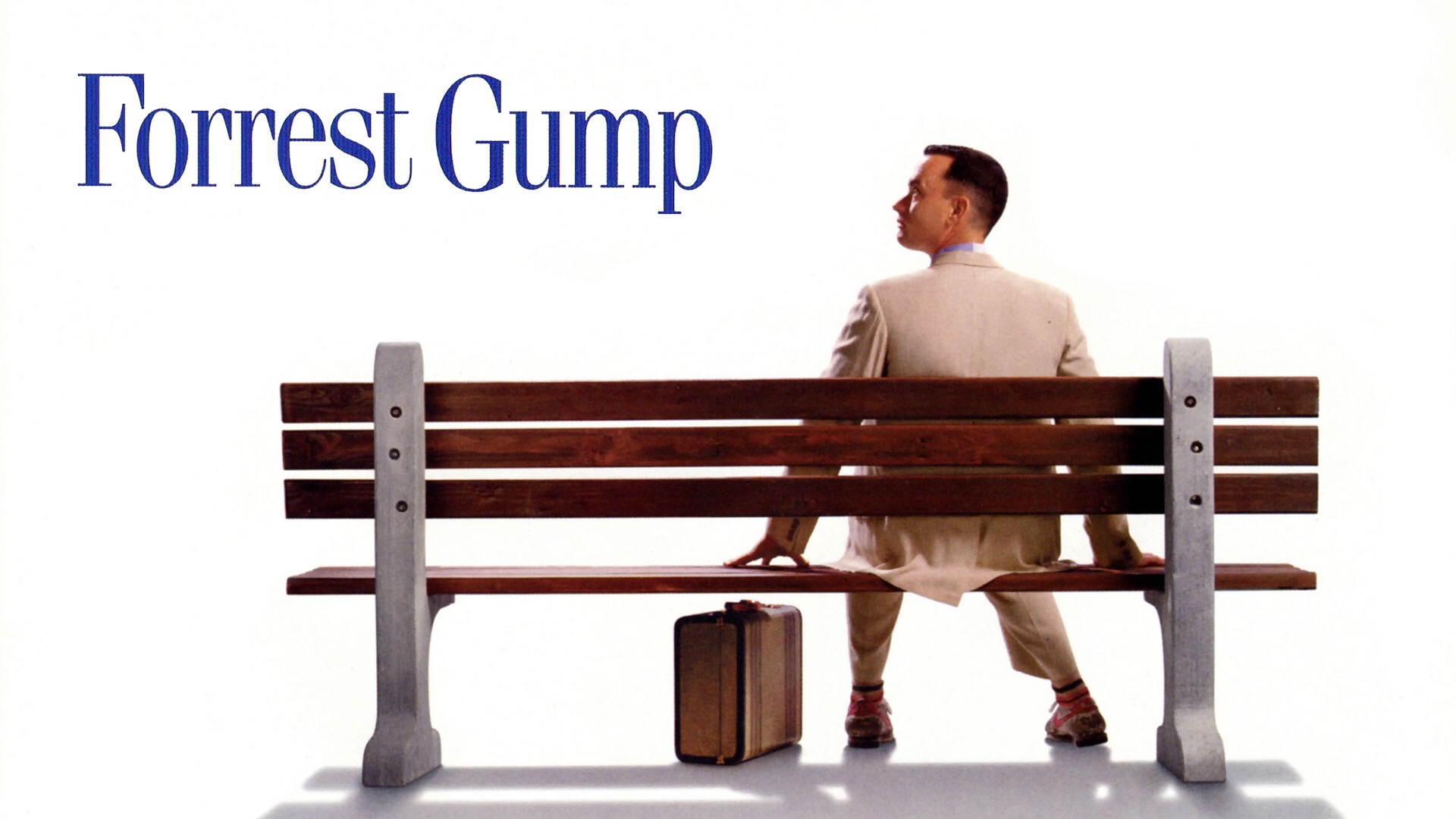
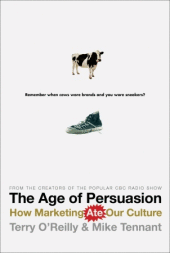 One of my favorite radio shows has been turned into a book. The Age of Persuasion: How Marketing Ate Our Culture is now available in book stores across Canada!
One of my favorite radio shows has been turned into a book. The Age of Persuasion: How Marketing Ate Our Culture is now available in book stores across Canada!